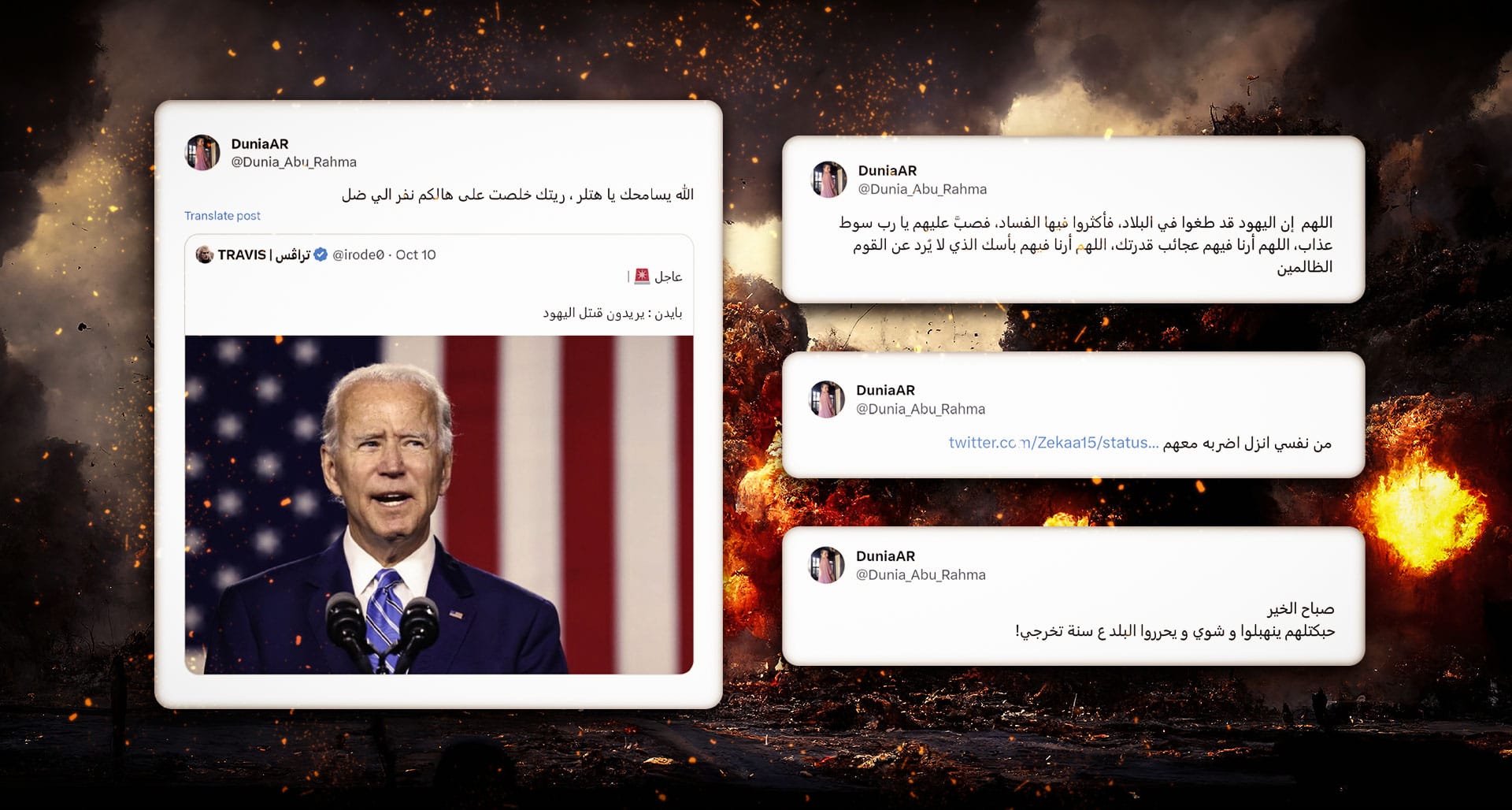Associated Press style guidelines for the Israel-Gaza war. They prohibit describing Hamas as terrorists except in direct quotes, claiming that it is a politicized term.
The AP Stylebook provides these guides on writing style and guidance for major events in the news.

www.apstylebook.com
"
Israel-Hamas Topical Guide
Terms, background and guidance related to the Israel-Hamas war, compiled from Associated Press coverage, AP experts and the AP Stylebook. Newsrooms and organizations outside the AP might make decisions that differ from the AP's specific recommendations.
See full
AP coverage for updates and more background, context and terms.
Hamas militants stormed from the blockaded Gaza Strip into nearby Israeli towns on Oct. 7, which coincided with a major Jewish holiday. The attack, which killed hundreds of civilians, stunned Israel and caught its vaunted military and intelligence apparatus completely off guard.
Israel immediately launched airstrikes on Gaza, destroying entire neighborhoods and killing hundreds of Palestinian civilians in the days that have followed. The war has become the deadliest of five Gaza wars for both sides. At least 199 people, including children, were captured by Hamas and taken into Gaza, according to Israel.
The leader of Hamas' military wing, Mohammed Deif, said in a recorded message that the assault was in response to Israel's 16-year blockade of Gaza; Israeli raids inside West Bank cities over the past year, violence at at the Al-Aqsa Mosque — built on a contested Jerusalem holy site sacred to Jews as the Temple Mount; increased attacks by settlers on Palestinians; and the expansion of Jewish settlements on occupied lands Palestinians claim for a future state.
The Hamas attack came on Simchat Torah, a normally joyous day when Jews complete the annual cycle of reading the Torah scroll. Israel declared war the next day. Previous Israel-Hamas wars were in 2008, 2012, 2014 and 2021.
balance
When approaching the 75-year Israeli-Arab and Israeli-Palestinian conflict, it is important to understand the deep wells of anger, hurt, bitterness and grievance built up over generations among Israelis and Palestinians who have lived with insecurity and conflict their whole lives, and who have seen many attempts at negotiation and mediation fail.
In some ways, the Israeli-Palestinian conflict is the world's most intractable problem.
Words should be chosen carefully to reflect respect for different perspectives on the conflict. Palestinians are divided between more moderate and more radical viewpoints. Similarly, among Israelis, some take a more far-right and ultranationalist approach to Palestinian demands and aspirations, and there are those who would want to achieve a peaceful co-existence.
Avoid stereotyping, discuss nuance, and in broad ways maintain a balanced perspective. When talking about attacks, keep in mind that in a conflict going back so many years, there are often many antecedents.
Israel-Hamas war
The Associated Press is calling the present conflict between Israel and the militant Palestinian group Hamas a war, given the widespread and ongoing nature of military operations in Israel and Gaza.
The decision was made in consideration of the high number of casualties, the mobilization of armies, the organized, cross-border fighting and bombardments, and Israel's declaration of war and announcement that Gaza will be under siege.
For the time being, it can be called
the latest war between Israel and Hamas, the latest Israel-Hamas war or simply
the Israel-Hamas war if the context makes clear that the reference is not to a previous war.
Do not use terms such as
Israel-Palestinian war or
Gaza war.
Lowercase the word
war. AP capitalizes that word only as part of a formal name, which as of now does not exist.
terrorism
The calculated use of violence, especially against civilians, to create terror to disrupt and demoralize societies for political ends.
The terms
terrorism and
terrorist have become politicized, and often are applied inconsistently. Because they can be used to label such a wide range of actions and events, and because the debate around them is so intense, detailing what happened is more precise and better serves audiences.
Therefore, the AP is not using the terms for specific actions or groups, other than in direct quotations or when attributed to authorities or others. Instead, we describe specific atrocities, massacres, bombings, assassinations and other such actions.
In the past, the AP had used the terms without attribution sparingly and with great caution.
We continue to use the terms in broad references to terrorism as a threat and
anti-terrorism efforts, fear of terror, etc.
militant, militants
AP uses this term to describe Hamas, in keeping with the Webster's New World College Dictionary definition: ready and willing to fight; especially, vigorous or aggressive in supporting or promoting a cause; and Merriam-Webster: aggressively active (as in a cause).
Terms such as
Hamas fighters, attackers or
combatants are also acceptable depending on the context.
Do not use the term Hamas
soldiers or Hamas
resistance, other than in direct quotations.
The
Israeli army has soldiers. It also can be called the
Israeli military. Use its official name,
Israel Defense Forces, and the acronym
IDF only in direct quotations.
"





